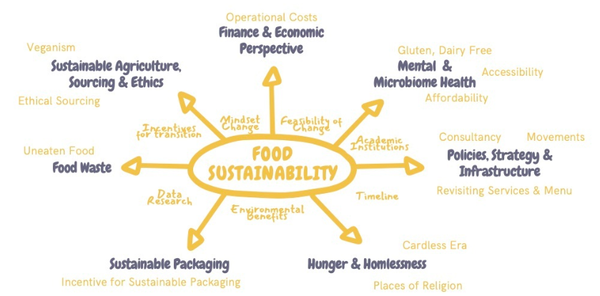Action steps: How might the UK achieve net-zero?
The government has promised net-zero. Here is how it can get there
The UK government has committed to reducing greenhouse gas emissions, so that by 2050, the country produces net-zero emissions. A limited number of steps have been taken over the last few years to support a just transition to a net-zero economy. Next month, the Sixth Carbon Budget is to be published by the UK’s Climate Change Committee, which is expected to advise to the government on how we may get to net-zero greenhouse gas emissions in the UK. Here are some actions that will likely be in the plan:
§ Energy supply : Quadruple amount of energy production by renewable sources, such as wind and solar powera
§ Business : Move towards a circular economy, bring in carbon taxes and start a reskill/retrain programme for green jobs
§ Residential : End the use of gas, and convert boilers to be able to use hydrogen or electric power, design and retrofit homes to be energy efficient, climate-resilient, re-design neighbourhoods to provide all necessary goods and services, decentralisation of work zones,
§ Transportation : Ban the sale of petrol and diesel cars by 2035, reduce the number of flights, stop subsidies for companies intensively using oil and gas without commitment to transitioning to renewables, funding for research and innovation for electric aeroplanes, more electric vehicle charging points, invest in electric battery recycling, promote active travel such as walking and cycling
§ Food system : Reduce consumption of beef, lamb and dairy, promote more plant-based diets, reducing food and packaging waste at industrial, commercial and residential levels
§ Landscape : Nature recovery by converting current farmland into forest, planting 1.5 billion trees across the country, peatland restoration, green infrastructure, more flood defences
§ Systems : A sustainable and resilient food system, healthy models of work which allow remote working and lower carbon behaviours
o The localisation of essential industry







